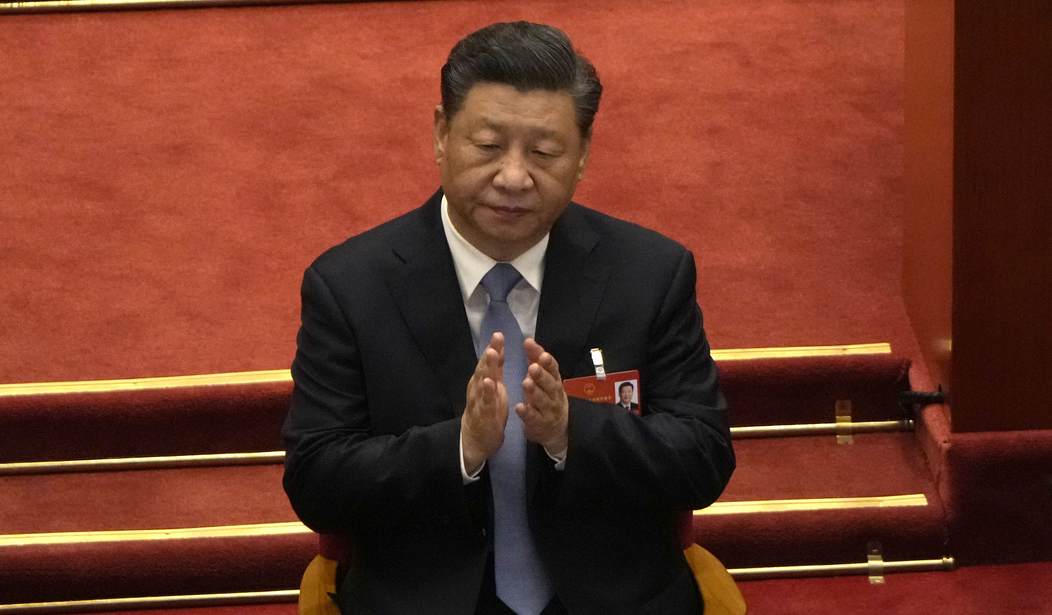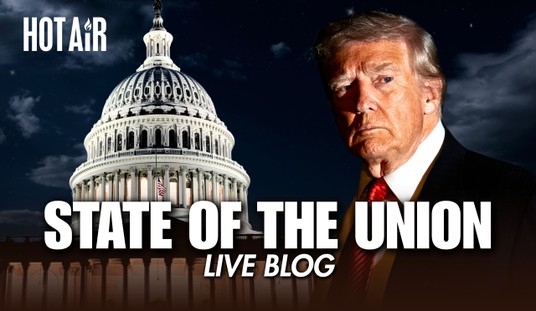Would this be enough to get Donald Trump to ease tariffs on China? Perhaps it might make a good start -- and reflect that China has as much to lose in a trade war as the US, if not more.
For background, the US media offered conflicting reports on China's position yesterday. Axios reported that Xi Jinping believed time was on his side, and that Xi had positioned his economy to withstand the "trillion dollar stress test" Trump had begun with his trade war. Conversely, the Wall Street Journal reported that China's exports had fallen to the lowest level since the pandemic, and that manufacturing had its weakest indicators in the past year. Both of these analyses, by the way, appear to be mainly based off of Beijing's official numbers, which are not exactly reliable.
Which scenario comes closest to reality? Xi may be giving us the answer, if this report today in the WSJ is an indicator:
Beijing is considering ways to address the Trump administration’s gripes over China’s role in the fentanyl trade, according to people familiar with the matter, potentially offering an off-ramp from hostilities to allow for trade talks to start.
Chinese leader Xi Jinping’s security czar, Wang Xiaohong, in recent days has been inquiring about what the Trump team wants China to do when it comes to the chemical ingredients used to make fentanyl, the people said. Chinese companies produce large quantities of the chemicals known as “precursors,” which are sold over the internet, flowing from China to criminal groups in Mexico and elsewhere that produce fentanyl and traffic it into the U.S.
Part of Beijing’s thinking involves dispatching Wang, who is the minister of public security and a senior leader within the State Council, China’s cabinet, to the U.S. to meet with senior Trump officials, the people said, or have him meet with U.S. officials in a third country.
In truth, both Trump and Xi have been offering small signals to each other over the past couple of weeks. Both sides have issued some exemptions; Trump for the tech and auto industry to prevent market shocks, and Xi for imports of a critical nature to his regime. However, Trump's targeting of China has had some impact on US companies' supply chain strategies, most specifically Apple:
Apple CEO Tim Cook has announced that the majority of iPhones sold in the United States during the April to June 2025 quarter will be manufactured in India, marking a significant shift in the tech giant’s global production strategy.
Speaking during the company’s second-quarter earnings call, Cook stated, "A majority of iPhones sold in the US will have India as their country of origin," while adding that Vietnam will account for almost all iPad, Mac, Apple Watch, and AirPods sold in the US market.
The announcement comes as Apple looks to mitigate the impact of US President Donald Trump's ongoing tariff policies, which have targeted goods imported from China. Although some tech products, including smartphones and semiconductors, have been granted a temporary reprieve, Cook warned that if current tariff regimes remain unchanged, they could add up to $900 million to Apple’s costs during the quarter.
This would be the first quarter ever for Apple to have India produce the majority of its domestic-sale phones, or anywhere else other than China. Apple seems to have moved quickly to strategize around the tariffs placed on goods from China, and others will move in the same direction at various tempos. Of course, Trump would prefer to have those supply chains rehomed in the US. Failing that, however, Trump wants key supply chains moved from China into more friendly trade partners, especially in tech, medicine, and heavy industry. Trump also appears to be close to a trade deal with India, which will benefit Apple in the near term to avoid some of the hit it will take on tariffs in the coming quarter.
Another indication that this could be a blink is how the WSJ characterizes the sequence:
In a visible shift in tone Friday, China’s Commerce Ministry said it was weighing starting talks with the U.S. to halt a trade war while expressing Beijing’s wish for the Trump administration to “show sincerity” to talk. Previously, the ministry had demanded that Washington slash its steep tariffs on China first as a condition for negotiations.
That sounds as though the WSJ had the better analysis yesterday -- and that Trump had the better vision on trade, at least for now. This is still a dance, and China won't easily concede its current advantages (and worse) in global trade. However, it does appear that they may be willing to finally ditch their fentanyl-precursors industry as one way to defend themselves from a damaging trade war, and that's a pretty good sign.








Join the conversation as a VIP Member